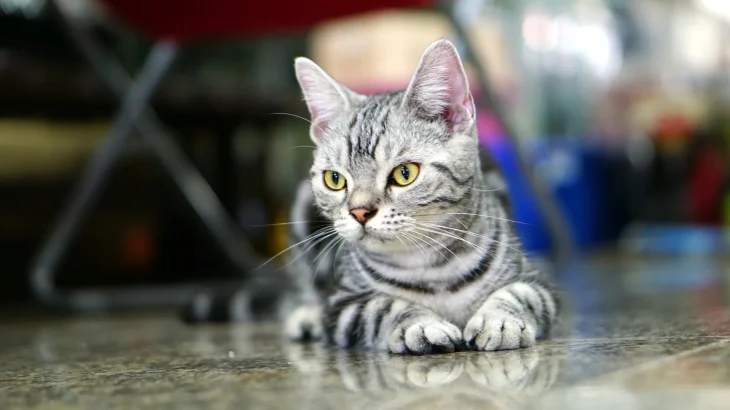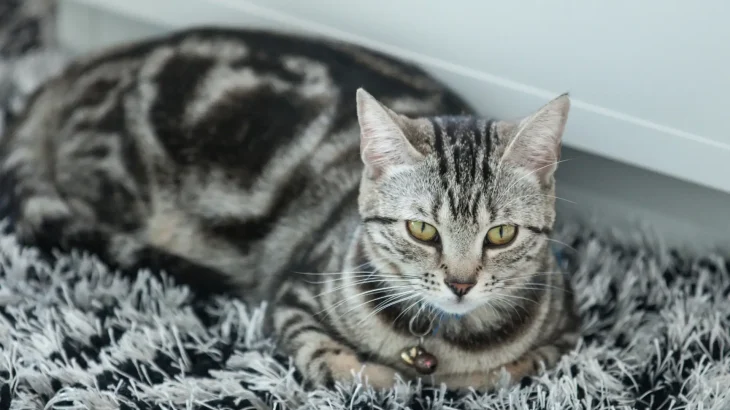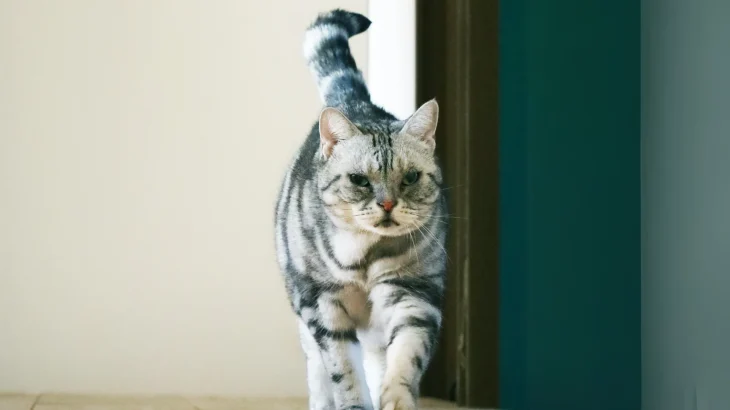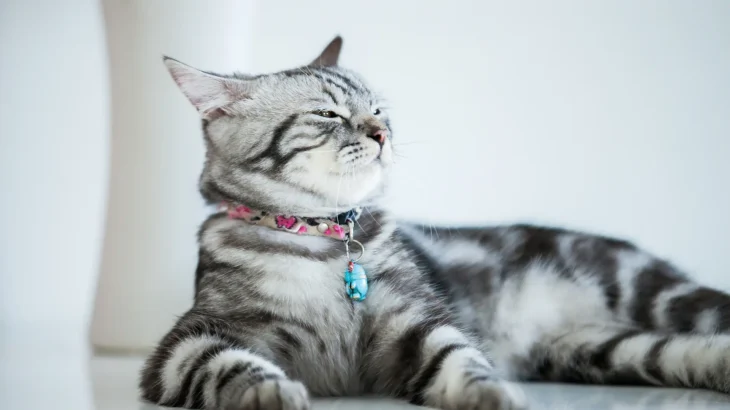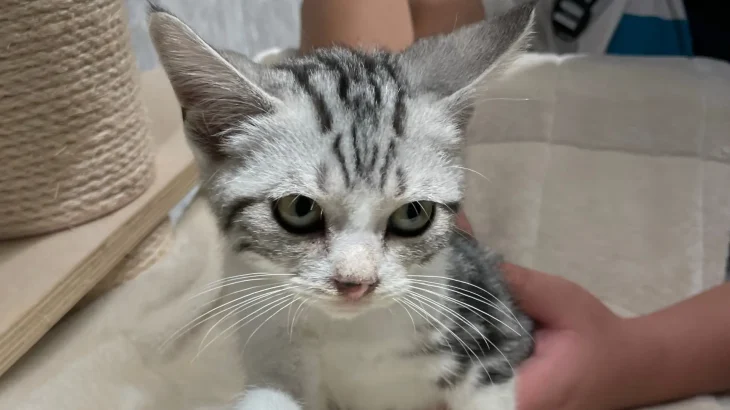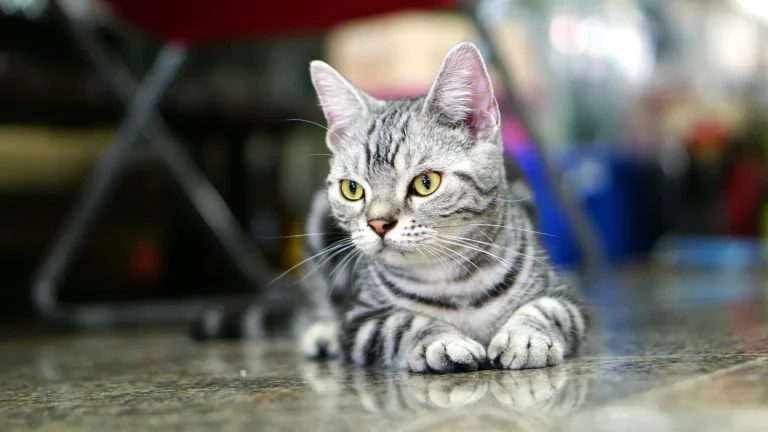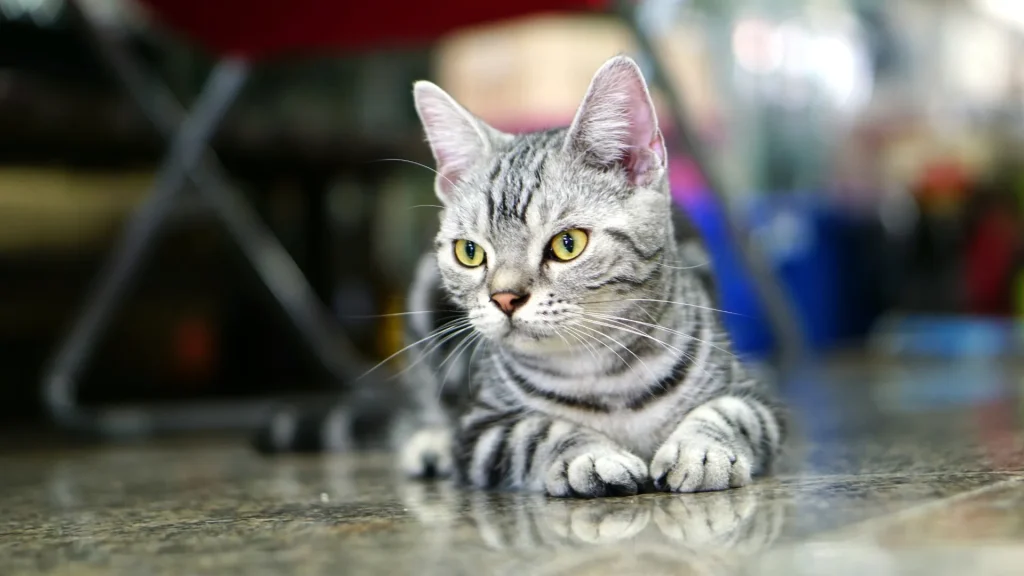Deciding whether to buy or adopt an American Keuda kitten involves weighing factors such as cost, health insights, and ethical considerations. Purchasing from a breeder may offer more transparency about the kitten's background, while adopting provides a chance to offer a home to a cat in need. Both paths have unique benefits depending on what matters most to you.
Adoption vs. Breeder: Pros & Cons
| Criteria | Buying from Breeder | Adopting from Shelter/Rescue |
|---|---|---|
| Cost | Generally higher, reflecting the breed's pedigree and breeder expenses. | Lower fees, often including initial veterinary care. |
| Health History | Comprehensive health records and genetic testing usually available. | Health background may be limited but usually basic vet checks are done. |
| Age Availability | Primarily young kittens, allowing you to raise them from early stages. | Range of ages, including adult cats that may be ready to settle into a home. |
| Temperament Insight | Breeders can advise on lineage temperament and traits. | Shelter staff provide observed behaviors but lineage is generally unknown. |
| Supporting Practices | Supports responsible breeding when choosing ethical breeders. | Supports animal rescue efforts by giving cats a second chance. |
| Ethical Considerations | Important to ensure breeder follows ethical standards to prevent overbreeding. | Adoption reduces demand for breeding and helps reduce shelter populations. |

